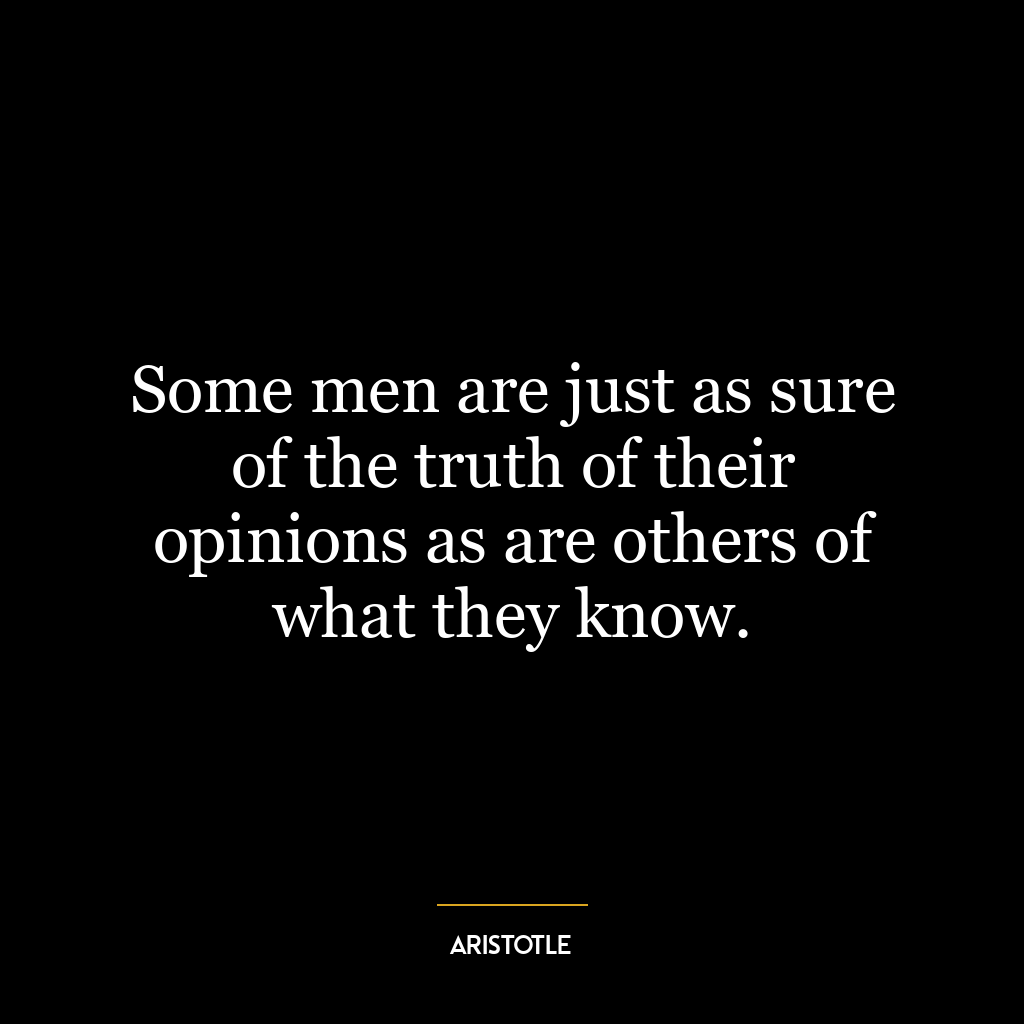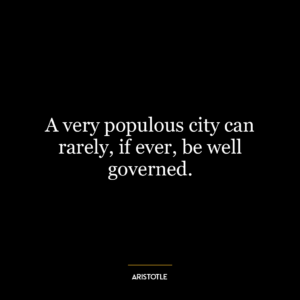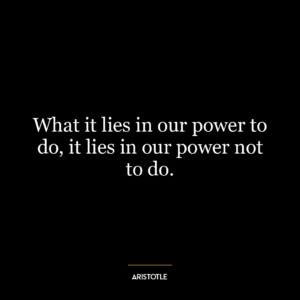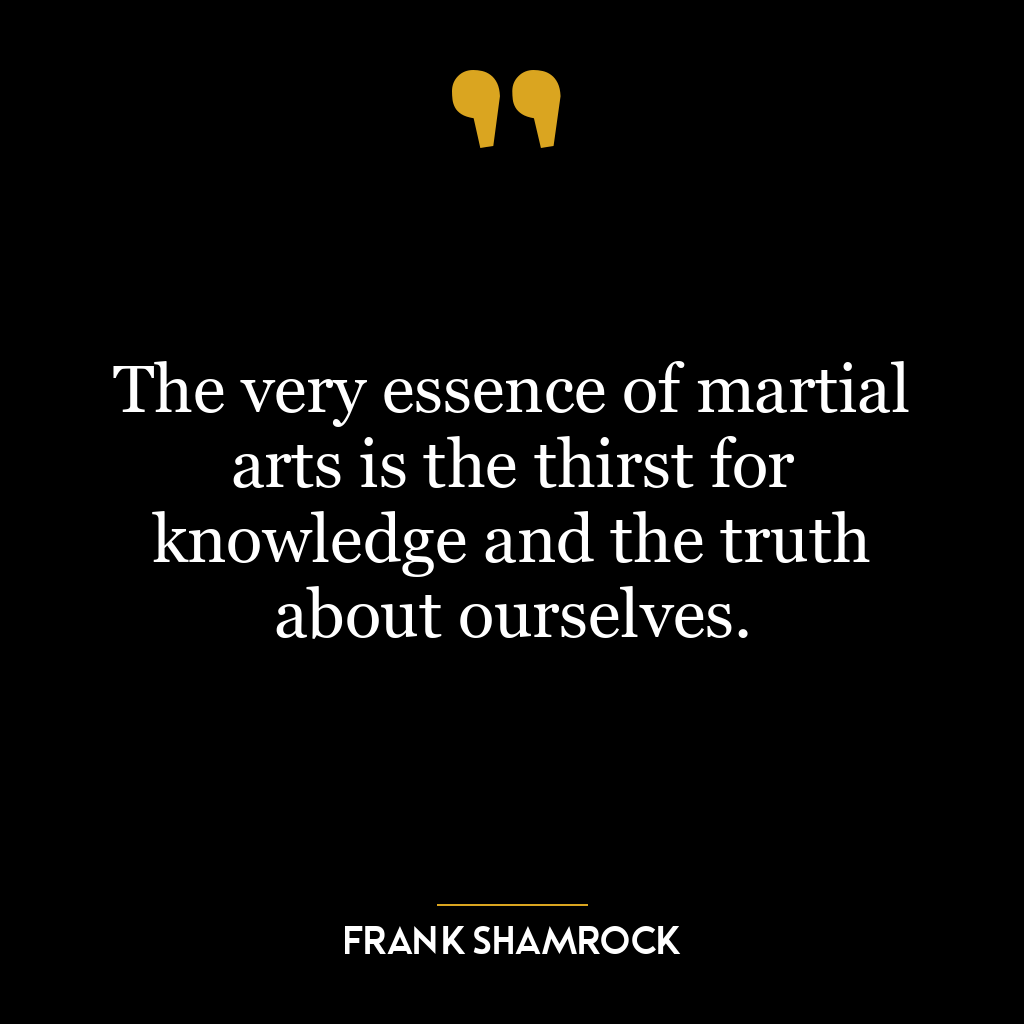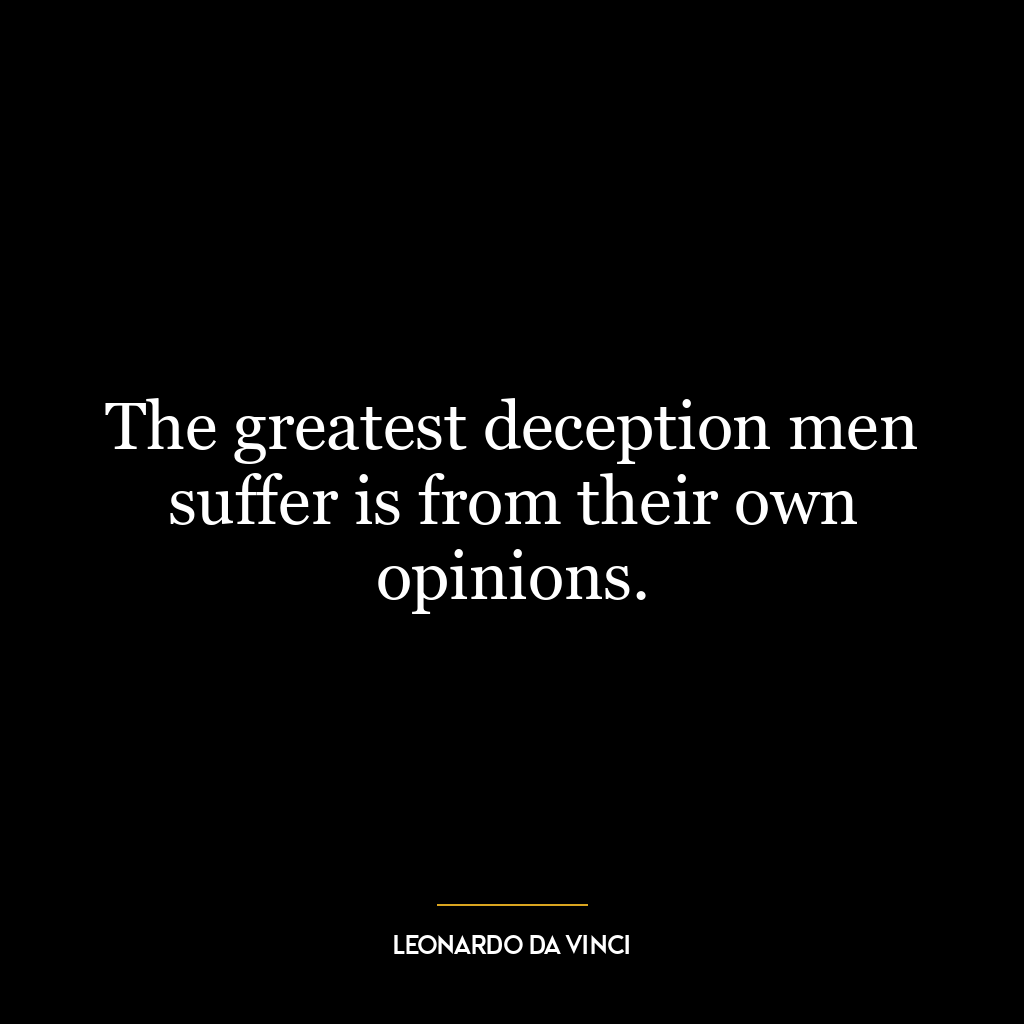This quote implies that some people hold their opinions with the same certainty as others hold their knowledge. In other words, it suggests that individuals can be so convinced of their beliefs or viewpoints that they consider them as absolute truths, just as factual knowledge is considered true.
The depth of this quote lies in its exploration of the human psyche and how we perceive and interact with the world around us. It highlights the power of belief and conviction, and how these can sometimes blur the line between opinion and fact. This can lead to a rigid mindset, where one is unable to accept or even consider opposing viewpoints, potentially leading to conflicts and misunderstandings.
Applying this idea to today’s world, we can see this phenomenon in various societal issues such as politics, religion, or even social media debates. People often hold onto their beliefs so tightly that they dismiss any contradicting facts or perspectives, leading to polarization and division. It’s also evident in the spread of misinformation or “fake news”, where people accept and propagate information that aligns with their beliefs without verifying its truth.
In terms of personal development, understanding this concept can help us develop a more open and flexible mindset. It encourages us to question our beliefs and opinions, and not hold onto them as absolute truths. This can lead to personal growth, as we learn to consider different perspectives, accept new information, and make more informed decisions. It also promotes empathy and understanding, as we recognize that others may hold their opinions with the same conviction that we hold our knowledge.

